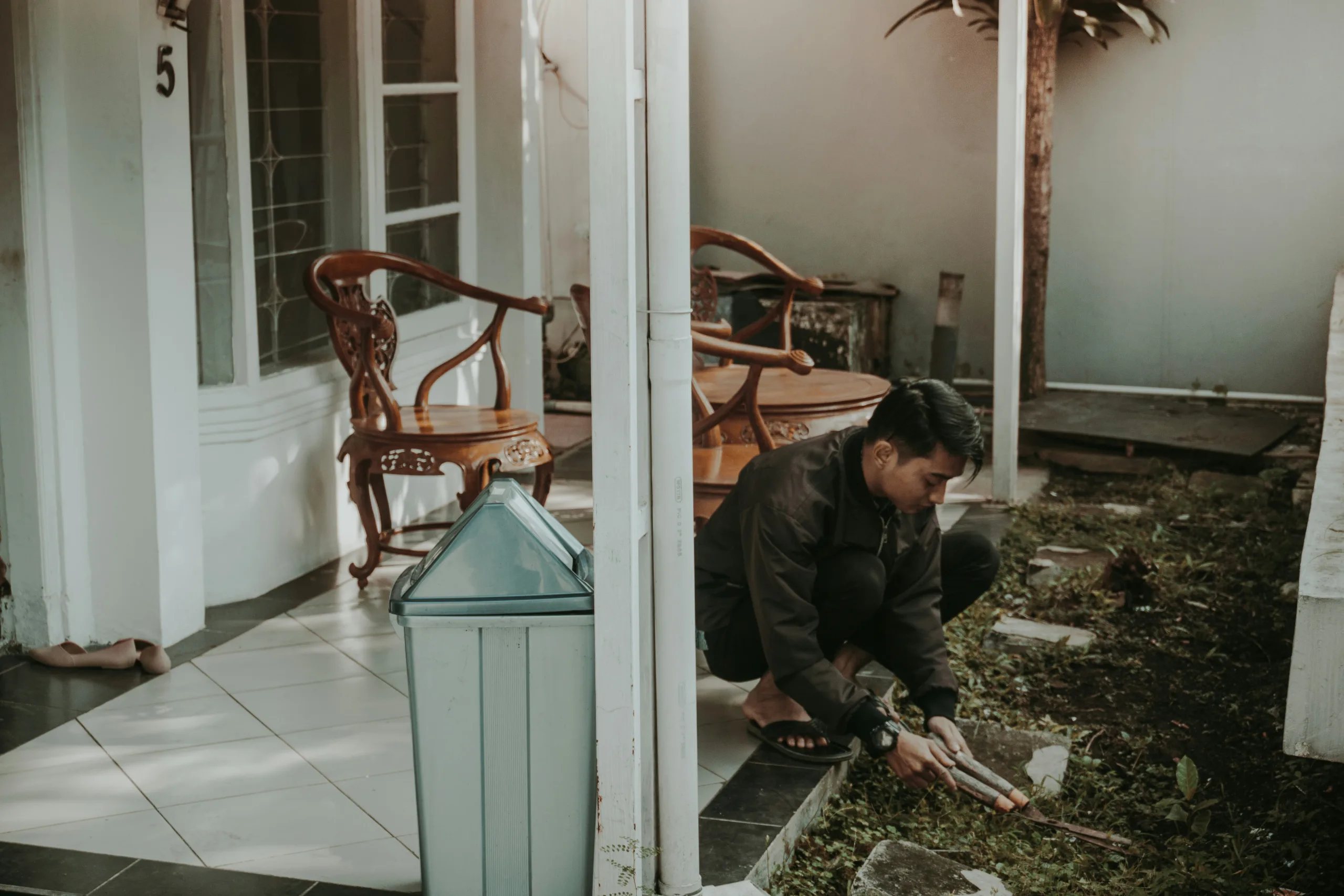5 DIY Projects Homeowners Must Avoid (and Let Experts Handle)
Do-it-yourself home improvement is popular in the US, with homeowners considering it a way of learning new skills. According to Statista, most residents prefer to pick kitchen and bathroom projects with this approach. Not surprisingly, DIY and home improvement retail reached a revenue of $ 526 billion in 2024.
However, not all upgrades can be handled without professional expertise. You may need them for the more complicated jobs, from bed bugs exterminating to repairing your home’s roof and replacing plumbing and electrical fixtures. No matter how good you are with repairs and upgrades, you must not commit to some projects.
Trying to DIY such jobs is a bad idea, as you may end up making costly mistakes and even encounter safety issues. In this article, we will list a few projects that are best handled by seasoned professionals.
Roof Repairs
Replacing shingles, patching leaks, or making structural repairs on your roof might seem straightforward after watching DIY tutorials. However, roof repairs are the last thing someone without experience should try doing. Besides being notoriously dangerous, roof work requires a nuanced understanding of building codes, waterproofing techniques, and safety measures.
Climbing ladders and walking on sloped surfaces increases the risk of falls. Yahoo! News Australia reported the story of a man who sustained 28 fractures after slipping from the roof of his rental home. He had to go through 20 operations, and his right leg had to be amputated after 18 months.
Leaving roof repairs to pros makes sense as they have harnesses, scaffolding, and proper insurance. Moreover, mistakes in roof repairs can worsen the leaks and structural damage or lead to voided warranties. DIY errors often result in higher costs later, as professionals must fix the faulty work.
Plumbing
A dripping faucet or clogged drain might be manageable for an amateur DIY enthusiast. Conversely, complicated plumbing projects, such as rerouting pipes, installing new fixtures, or repairing leaks, demand expert skills. You may want to try your hand at these projects, but the savings are not worthwhile in the long run.
Incorrect installations can cause water damage, mold growth, and expensive repairs down the road. Over time, they can lead to structural issues and ruin the aesthetics of your home. Mold and mildew can even make you and your loved ones sick.
Licensed plumbers ensure all codes and regulations are met. Professional repairs are less likely to fail, so the risk of flooding or contamination is minimal. Plumbers have experience navigating complex pipe systems and troubleshooting problems effectively.
Pest Extermination
Commercial sprays and traps may seem like easy options to eliminate pests from your home. Most homeowners are tempted to try them when they spot a few ants or a solitary mouse. But when it comes to infestation, DIY measures are rarely sufficient. Imagine dealing with stubborn intruders like termites, bedbugs, cockroaches, or rodents.
According to the US Environmental Protection Agency, bed bug treatment is a complex process. Moreover, you may have to stay patient as it can take weeks or even months to get rid of these pesky pests. Factors like clutter, access to hiding spaces, and bed bug presence in your neighborhood may complicate things further.
ZeroBugs recommends looking for experts who use heat-based and natural treatments rather than harsh chemicals and toxins. Misuse of chemicals can endanger human and pet health. Moreover, professionals do things the right way, identifying the species, understanding their behavior, and applying the right products in the correct amounts.
Structural Improvements
TechBullion defines structural improvements as any changes to the fundamental structure of the property. This includes upgrades for the foundation, walls, support beams, and roof. The objective of such improvements is to ensure the stability and safety of a home, rather than just improving its aesthetics.
DIY is not the right approach when it comes to knocking down walls, reinforcing foundations, or building new additions. Considering the scale and effort involved, these projects pose significant safety risks to amateurs. Moreover, errors can undermine the stability of your home and affect the integrity of load-bearing elements.
Letting professionals handle this approach is a far better option as they understand engineering, permits, and local building codes. Mistakes can lead to dangerous living conditions or invalidate insurance. Experts use the right tools and materials, ensuring long-term durability.
Electrical Upgrades
Another home improvement project you should avoid doing on your own is electrical upgrades. Things are fine as long as you want to swap out a lightbulb or install a new switch cover. However, handling home wiring, upgrading panels, or adding circuits is a different ballgame.
Electrical work carries serious risks, particularly when it comes to incorrect wiring. It can cause fires, electrocution, or major property damage. According to Electrical Safety Foundation International, nearly 51,000 residential fires each year are attributed to electrical issues. Moreover, these incidents cause 1400 injuries, 500 deaths, and estimated property damage worth $1.3 billion.
Leaving electrical upgrades to licensed electricians gives you peace of mind as they follow strict safety procedures. Work is inspected and often required by law to meet code standards. They also diagnose and correct hidden issues, ensuring a safe home environment.
FAQs
What are the difficulties in doing DIY?
DIY projects often seem manageable until you encounter unexpected complications. Expect challenges include a lack of specialized tools or knowledge for complex tasks, misinterpreting instructions, and underestimating project scope. You may also encounter hidden problems such as faulty wiring behind walls and structural rot. Amateurs may sometimes end up voiding warranties or insurance by making unauthorized repairs.
Is DIY really worth it?
DIY is worth considering for simple, low-risk projects, such as painting walls, fixing squeaky doors, or assembling furniture. You save money and learn new skills. However, attempting complex jobs that require permits, technical expertise, or safety equipment rarely justifies the risks. Costs for correcting mistakes or dealing with injury in such cases can skyrocket.
What is the psychology behind DIY?
The DIY movement offers a powerful sense of autonomy and accomplishment to homeowners. They feel pride when transforming their spaces with hands-on creation and visible results. DIY projects also foster creativity, control over budgets, and a deeper connection to the home environment.
The idea of decorating your home sounds enticing if you are good with DIY jobs, but success depends on the nature of the projects. Simple ones can go well with this approach. On the other hand, complex projects that determine the safety and integrity of your home should be handed over to professionals. You will have comfort and peace of mind, even if this requires you to spend a bit.




